ㅡ
The dirtiness is the
attractive point
Do you know the Freitag bag?
ㅡ
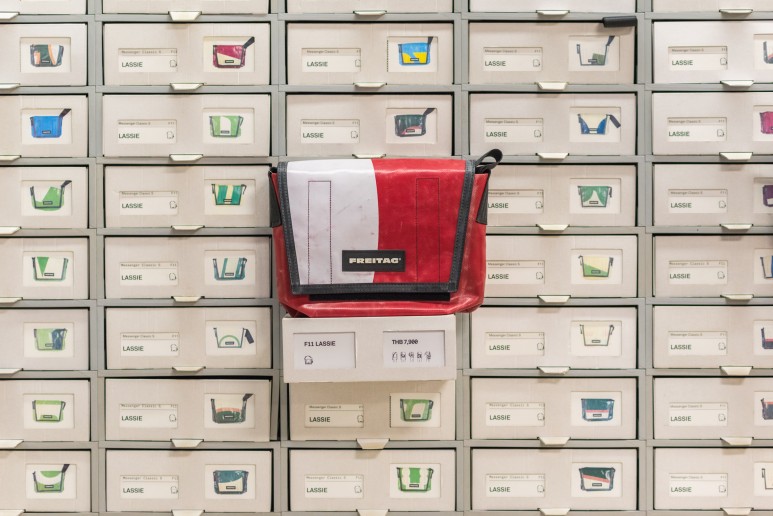
Do you know
Freitag? Freitag is a Swiss brand that sells bags made from recycled materials
that have been used for a certain period of time. As it is an ‘upcycling’ bag, it is dirty even if it is a
new product, yet that is the attractive point of Freitag.
Moreover, Freitag bags are
also environmentally friendly. 50% of the energy required to operate its factory utilizes recycled
heat, and 30% of the water required to make bags utilizes rainwater. This is by
collecting rainwater as in Switzerland, it rains for more than 140 days a year.
In fact, the bag made from ‘garbage’ is
priced at hundreds of thousands of won. The reason many consumers purchase
Freitag products even though the price is not reasonable is because they consider the global
environment.
Besides Freitag, many
products are being produced in consideration of the global environment. One can
appreciate ‘good products’ at a glance without having to research each one!
ㅡ
Find your carbon footprint!
ㅡ
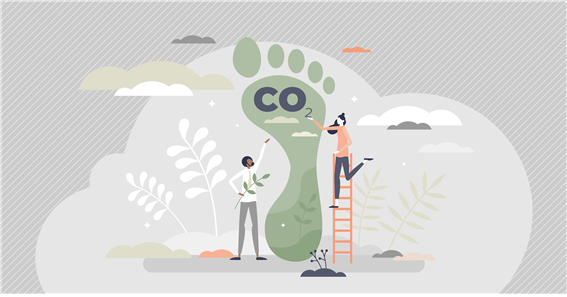
What is carbon footprint?
‘Carbon
footprint’ refers to the total amount of carbon dioxide
among greenhouse gases generated during the entire process of activities,
production, and consumption of individuals, companies, and countries.
The 'carbon footprint'
originated in 2006 when the British Parliamentary Office of Science and
Technology (POST) rendered the total amount of carbon dioxide generated during
the production of products to be displayed as a footprint. A lower carbon
footprint means less impact on the environment.
Most of the things we
consume, especially mass-produced ones in factories, have a high carbon
footprint. A large amount of carbon is emitted not only from clothing, food,
electronic devices, and automobiles, but also from ‘energy production’ required for daily life and industrial activities.
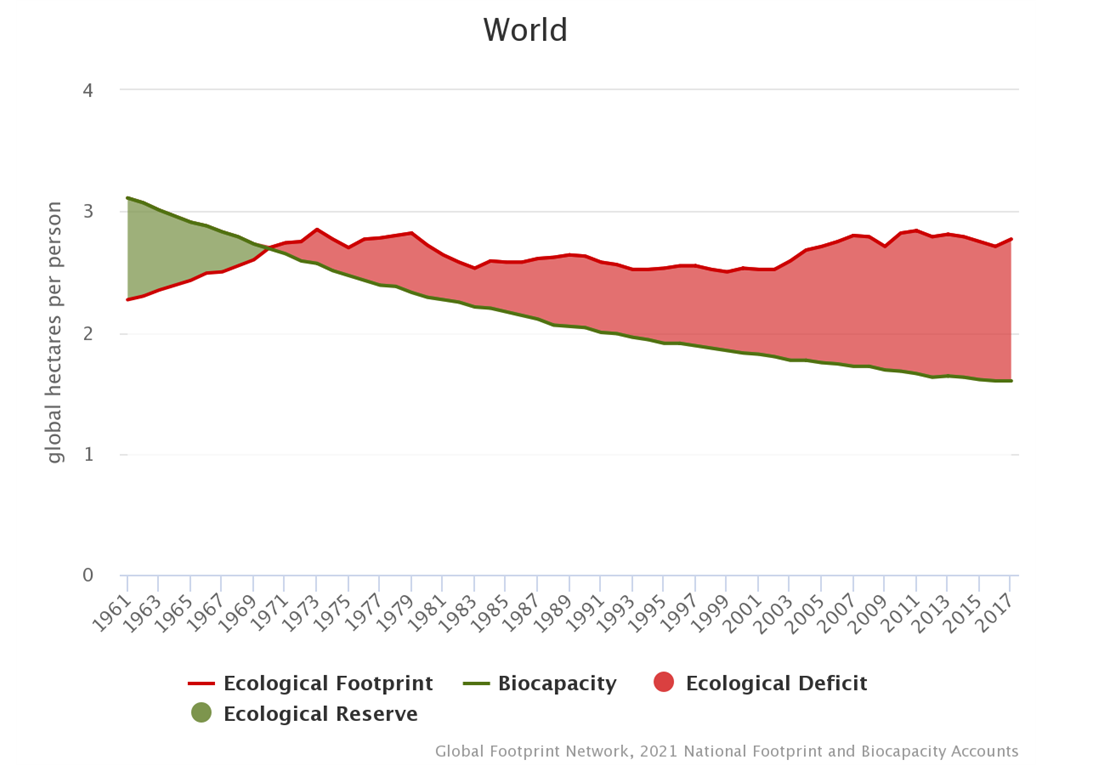
Examine your country's carbon footprint on the Global Footprint Network!
According to the
2019 Global Footprint Network survey, the carbon footprint of humanity as a
whole has steadily augmented since the mid-20th century, increasing 11 times
compared to 1961. The reason for
the increase is the ‘excessive activity of humanity’.
What is the carbon footprint
system?
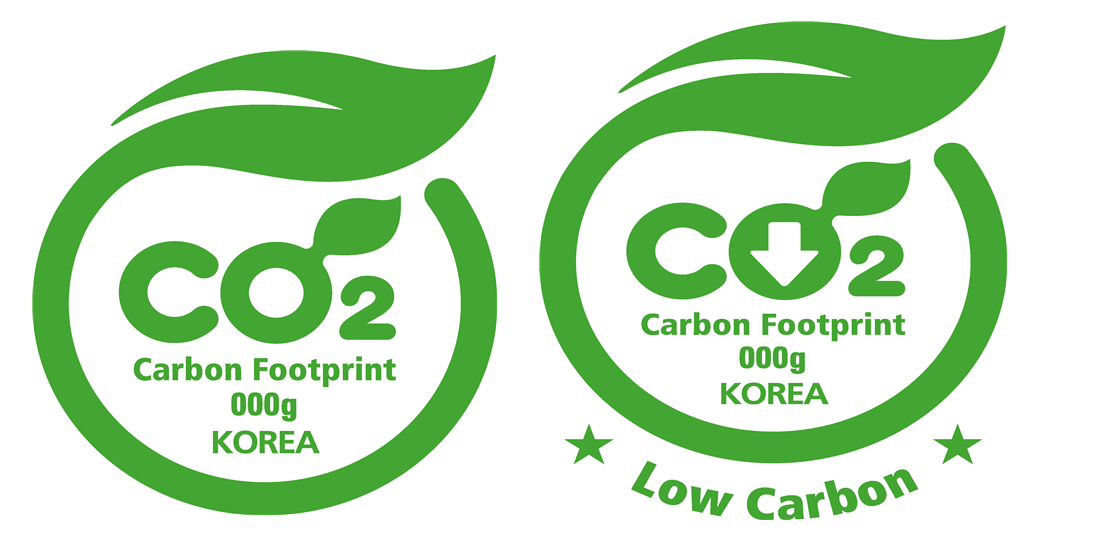
The ‘Carbon Footprint System’ is a system that grants certification marks so that businesses and
consumers can produce and consume eco-friendly products. Currently, many countries such as the UK,
Canada, USA, Sweden are implementing the system.
‘Stage 1 Carbon
Footprint Certification’ is a system that marks on products the total amount of carbon
dioxide generated in all processes from production to disposal. ‘Stage 2 Low-carbon Product
Certification’ is a system that certifies products that have less than the average
carbon emission of the same product and have reduced greenhouse gas emissions
by applying low-carbon technology.
If we all purchase products
with the Stage 2 low-carbon product certification mark, we can take care of the
Earth a little more, right?
ㅡ
Looking after our Earth
Sustainable consumption and
production
ㅡ
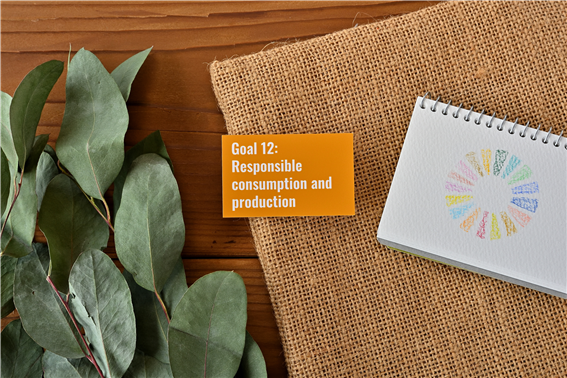
What is ‘sustainable consumption and production’?
The 12th goal of the
Sustainable Development Goals (SDGs), which was resolved by the UN General
Assembly in 2015 to be achieved by 2030, is ‘sustainable consumption and production’.
This refers to economic activities to reduce the use of natural resources and
harmful substances in the entire life cycle of products and services, and to
reduce the emission of waste and pollutants.
Hence, it aims to ‘inject less resources,
obtain more results, and emit less pollutants’. In order to take good care of our planet, we must pay attention not only to
carbon emissions, but also how many resources are consumed and how much waste
is produced.
ㅡ
The Earth's enemy
Is our enemy
ㅡ
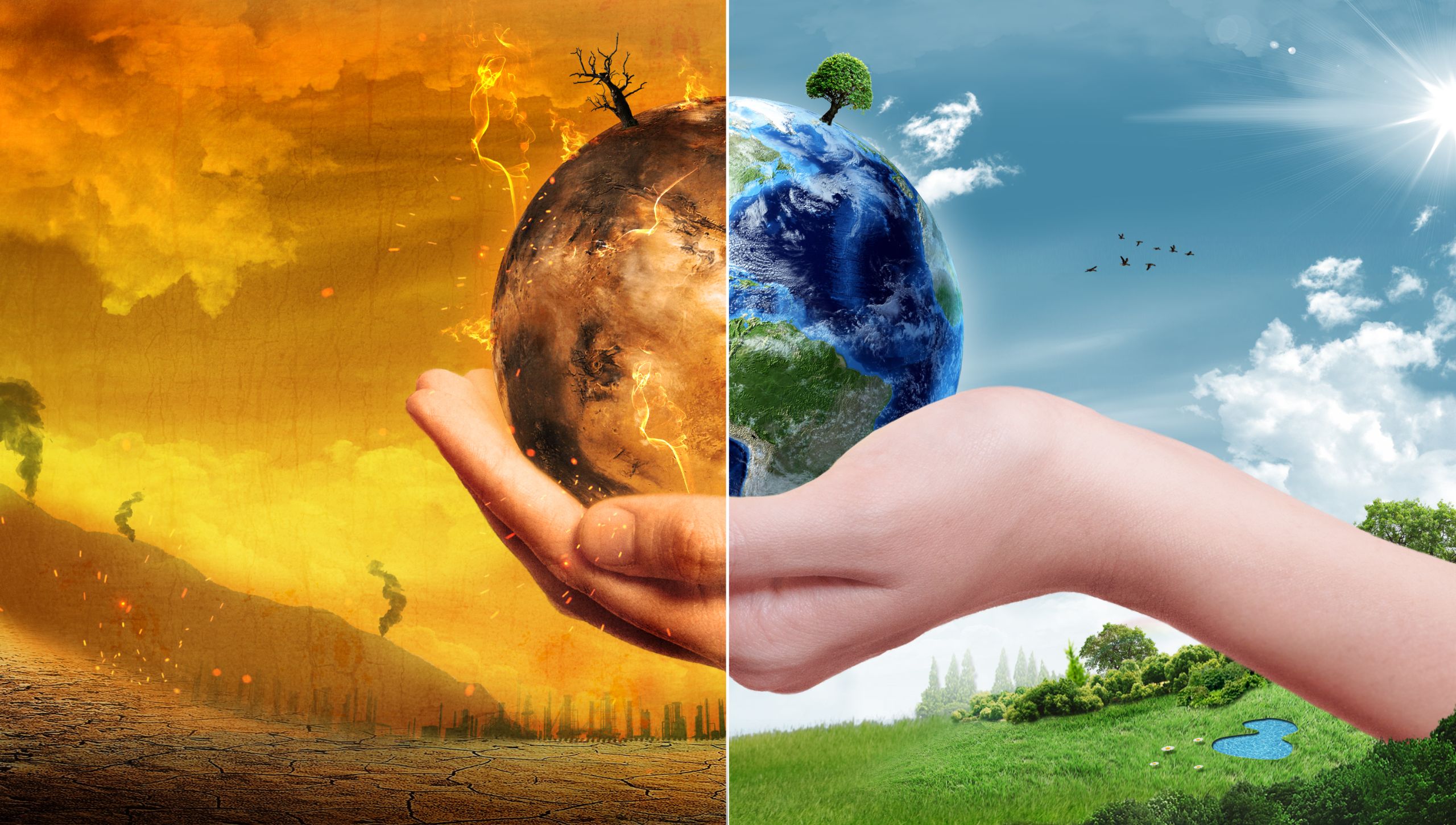
When the Earth is experiencing substantial difficulty, so do
we. Who is making our precious planet suffer so much?
The
culprit is the current 'mass production-consumption-disposal' system. After the Industrial Revolution, considerable
amounts of products were mass-produced in the factory system, and the products
poured into the market were consumed in large quantities. At the end of their
life, they were discarded en masse. The harmful effects produced by the ‘mass production-consumption-disposal’ system are becoming extremely toxic to humanity.
① Waste and exhaustion of resources
Most of the products
produced and distributed in the global village are made from 'resources of the
earth'. Typical examples include wood, which is a material for paper, plant
fibers and petroleum by-products required to make clothing, and grains. The
latter is used as raw materials for diverse foods. Yet with the mass production
system, the resources used to produce products are increasing exponentially
every year.
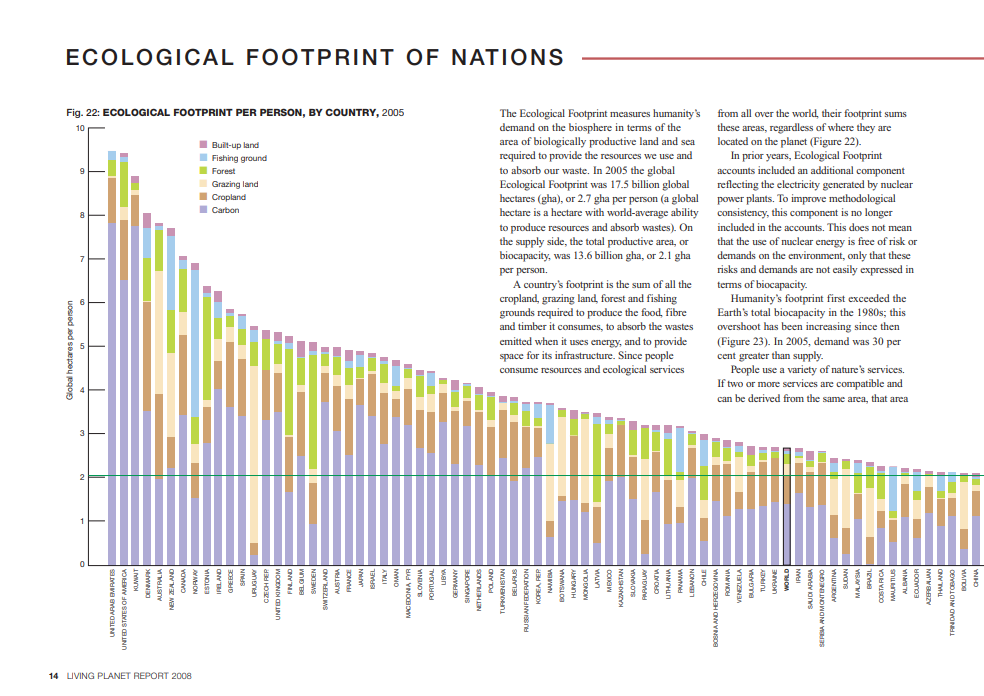
How much resource is your country consuming? Please check here!
https://www.footprintnetwork.org/content/images/uploads/LPR_2008_english.pdf
According to a
2008 Global Footprint Network survey, the countries with the highest global
resource consumption are the United States, United Kingdom and Germany. If
everyone on the planet were living the American way of life, we would need at
least 4.5 planets the size of the Earth.
Global population growth is
driving further resource consumption. Resources such as water and underground
resources are already experiencing shortages.
② Global warming
Greenhouse gases are emitted
throughout the production, distribution, use and disposal of products.
Excessive accumulation of greenhouse gases raises the Earth's temperature and
threatens the survival of all.
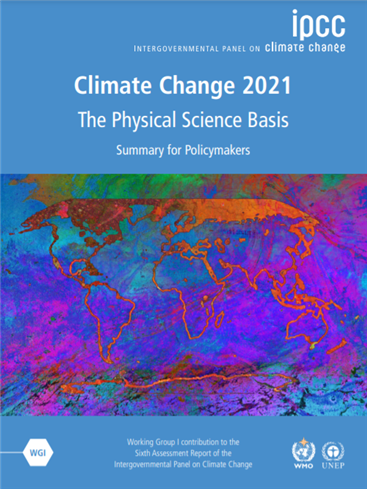
Download 2021 IPCC report
(https://www.ipcc.ch/report/ar6/wg1/downloads/report/IPCC_AR6_WGI_SPM.pdf)
According to a
report published by the Intergovernmental Panel on Climate Change (IPCC) in
August 2021, the Earth's surface temperature has augmented 1.09 degrees Celsius
above pre-industrial levels.
The report
sternly warns that 'If greenhouse gas emissions are not reduced, the global
average temperature rise will reach 1.5 degrees between 2021 and 2040'.
In many parts of the world,
sea level rise due to global warming and extreme weather events (hurricanes,
typhoons, floods, and droughts) are already causing colossal human and property
damage. The biodiversity of flora and fauna is also declining rapidly. If the global temperature rise reaches the critical point of 1.5
degrees, the survival of mankind is expected to be even more at risk.
③ Overflowing garbage
With the advent of the mass
production system, the price of products has decreased, and we enjoy a
lifestyle of consuming more and more and disposing of more. There are
disposable items used for convenience, packaging materials due to overpacking,
outdated clothing, leftover food, and food and industrial products that are
discarded even before reaching the shelves. These issues have created a serious
garbage crisis around the world.
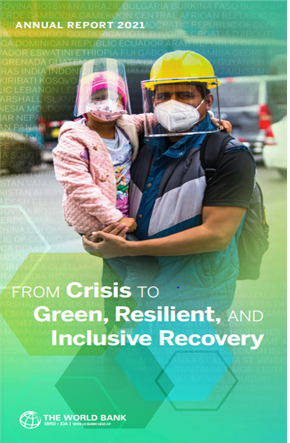
Read the 2021
World Bank Annual Report
https://www.worldbank.org/en/about/annual-report
According to a
World Bank report, global waste emissions are expected to increase from 2
billion tons in 2016 to 3.4 billion tons by 2050. As the population increases, consumption will
also increase, and the amount of waste will also increase.
ㅡ
Thinking about the Earth in
daily life
ㅡ
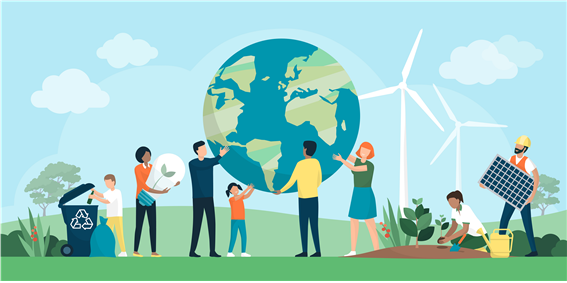
Practicing sustainable
consumption and production is not grandiose. Merely think about the Earth once
in a while in your daily life. How about joining the 'Meat free Monday' or
'Zero Waste'?
‘Meat free Monday’
“You can change the world in one day of
a week”
-Slogan of ‘Meat free Monday'-
This campaign started in 2009 by former Beatles member Paul McCartney with his two children. In order to solve the diverse problems induced by the global meat consumption culture, it proposed to eat a vegetarian meal at least one day a week.
‘Zero Waste’
This is a campaign to share
cases of reducing waste in daily life with the aim of minimizing waste
discharge to near zero. You can introduce your daily experience of reducing
waste through social media and add hashtags such as #Zerowastechallenge. Examples
include packing food in individual containers, avoiding plastic straws, using
tumblers and shopping carts, and cooking with leftover food.
ㅡ
COVID-19
Evidence that Earth is limited
ㅡ
The 'mass
production-consumption-disposal' system that supports the global economy has
persistently destroyed the global environment. Ultimately, it threatens even
the survival of mankind.
The COVID-19
pandemic, which has terrified the whole world, can also be regarded as a consequence of
environmental destruction. This is because many diseases that stayed only in the
wild spread to human society as humans invaded the realm of nature in order to
enjoy a rich material life.
We must pay more attention
to sustainable consumption and production in order to prevent a disease like
COVID-19 from recurring on the planet that has reached its limit. Let's start
by carrying a tumbler in our bags.

